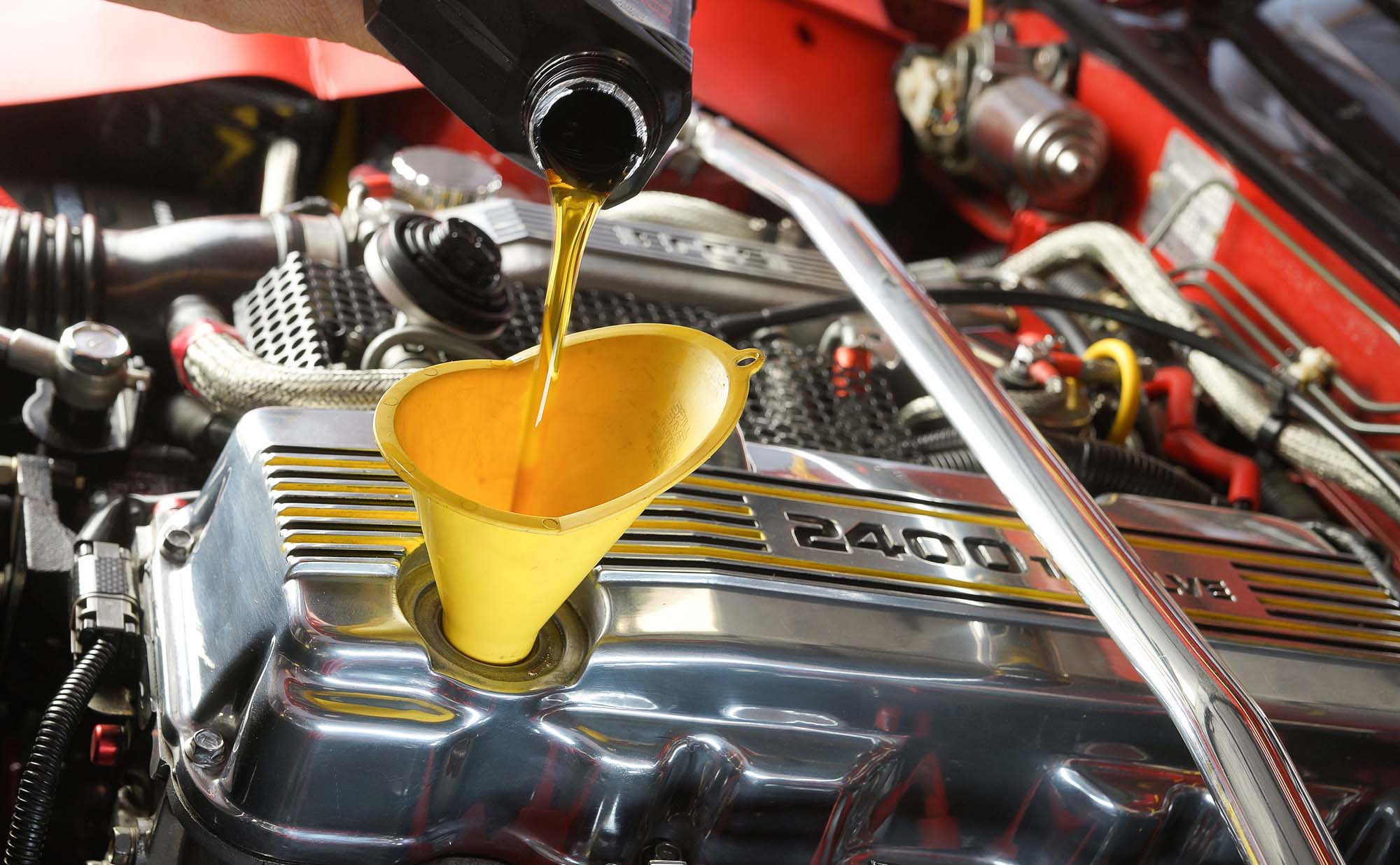Run flat tires are all the rage, but they aren't right for everyone (or every vehicle). Here is a list of the pros and cons, so you can make an informed choice.
Oil additives are touted as a way to reduce your fuel consumption and combat increasing gasoline prices. We’d like to separate the truths from the wild claims that additive manufacturers make in their efforts to move their products off the store shelves and into your oil tank.
Let’s take a look at some standard claims and see what is true, what is possible, and what is not.
The Effect on Mileage
Do oil additives significantly improve mileage? Not really. The manufacturers of oil additives claim the bonus slipperiness of the oil will reduce friction in the engine. Realistically, engine friction corresponds minimally to fuel mileage. Things like regular maintenance, especially keeping the injectors clean, is far more beneficial for fuel economy than engine friction.
Another term is “oil stabilizers”. The function of an oil stabilizer is to preserve the oil’s stability under heat by managing its viscosity – which is great – but won’t do anything for mileage. Technically someone could test an unproven oil additive and claim it improved their mileage by 0.1%. These claims of improved fuel economy generally have too little supporting data to be conclusive, and the experiments weren’t conducted in a controlled fashion, or cannot be substantiated by anyone else but the product’s manufacturer.
Engine Protection?
This does make sense. When used with most conventional oil, additives will protect the engine from dirt particles scratching metal surfaces and neutralize harmful acids to prevent corrosion damage. The properties of these additives get used up over time, which is one essential reason to change the oil.
Oil additives extend the life of your engine by providing protection from extreme circumstances, such as excessive heat and pressure, that would break down an unadulterated oil and lessen its ability to protect. It’s worthwhile to consider adding a treatment that extends the oil’s ability to provide normal friction-reducing protection for these conditions.
Helps Your Engine Keep its Cool
Friction causes heat. It makes sense that one line of thinking is to reduce friction between various surfaces in the engine will reduce excess heat. Additives will likely make an impact in reducing metal-metal friction as noted above. But remember the majority of high temperatures are generated due to fuel combustion, so expecting an additive to result in noticeable drops in your running temperature will lead to disappointment.
Parkside Motors is Your Automotive Resource
Parkside Motors has been Southern Vancouver Island’s #1 resource for automotive problems for more than 40 years. When your car isn’t running right, or you simply need some regular maintenance, just give us a call.




